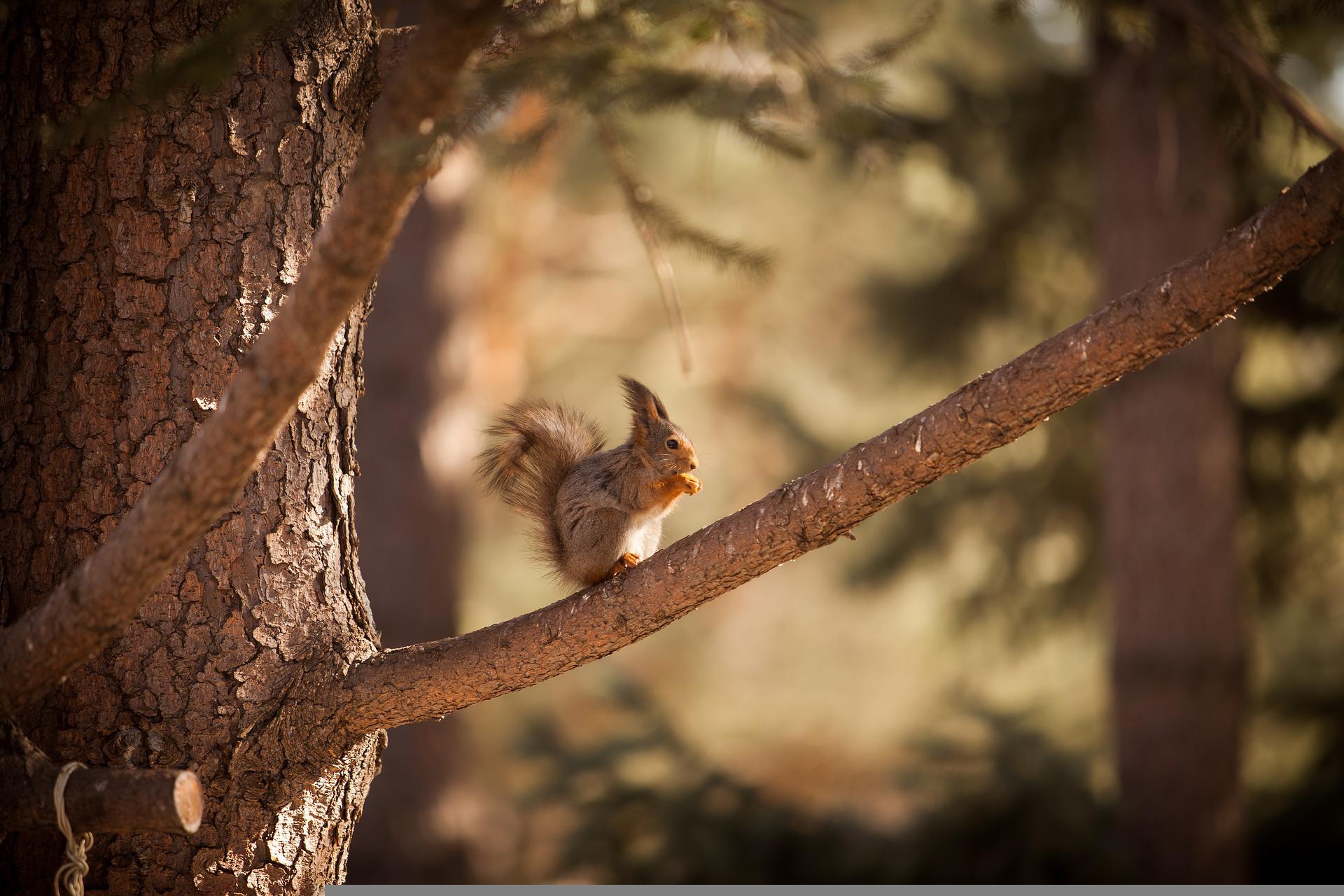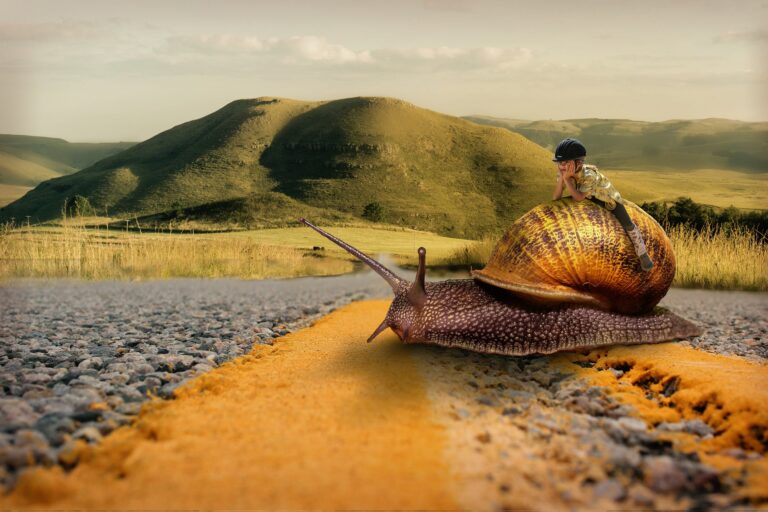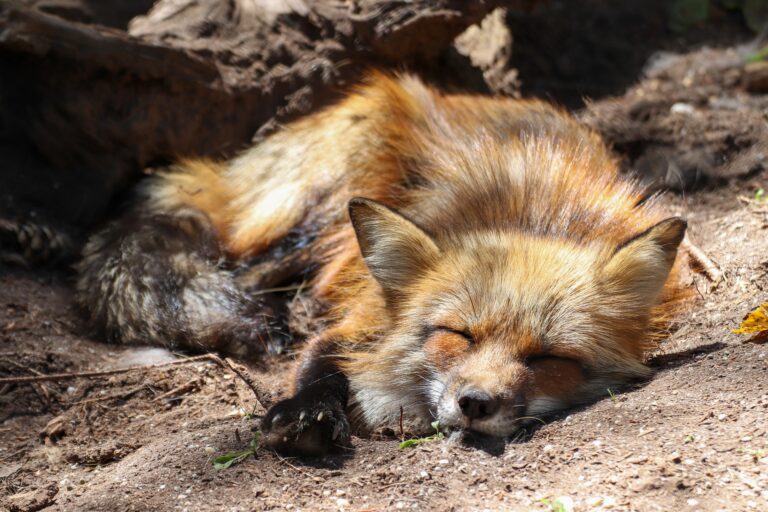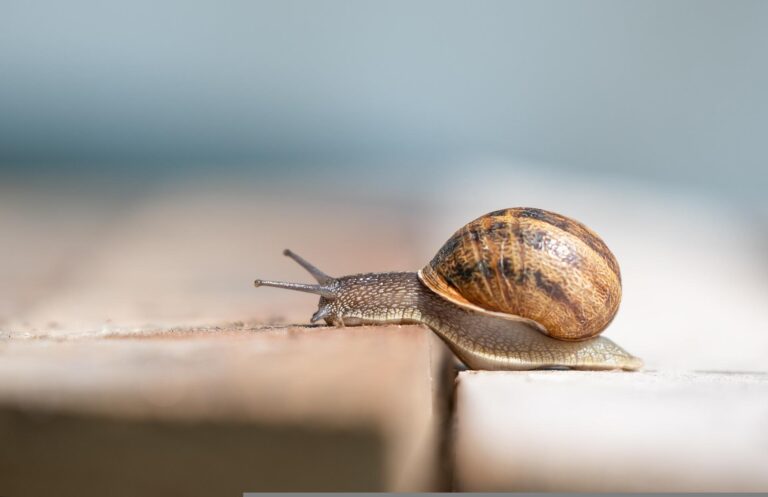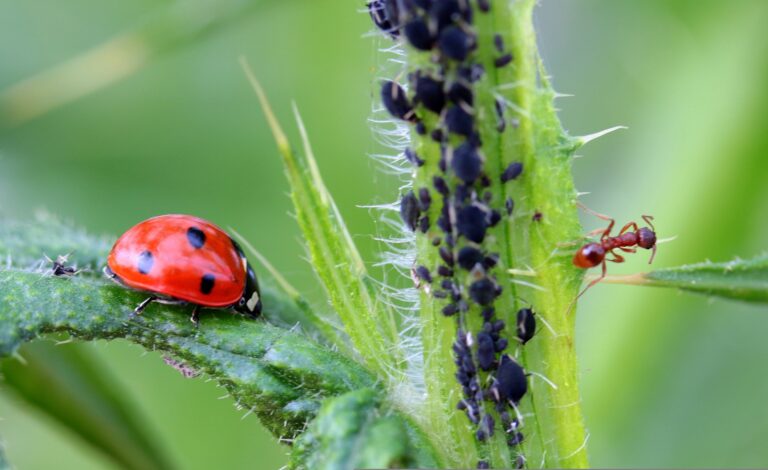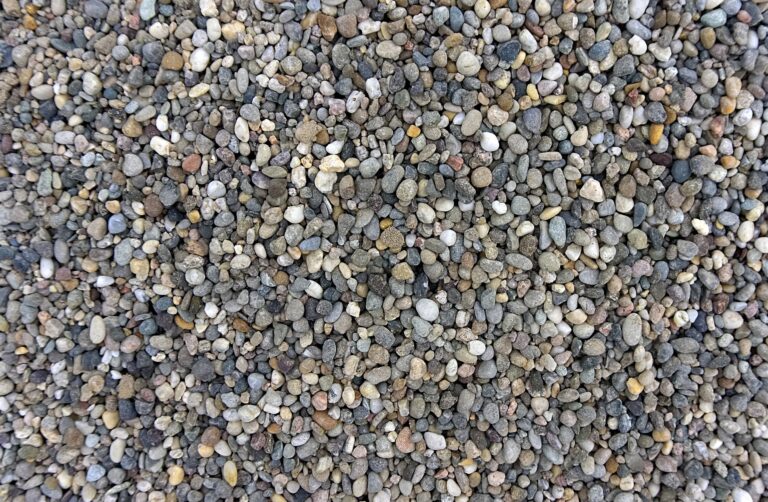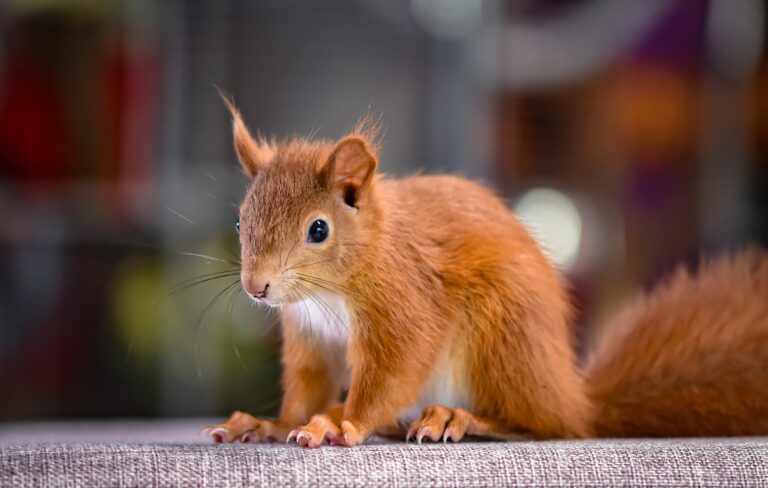One of the questions about squirrels that come in our mind is how do squirrels get water. Squirrels are small mammals belonging to the family Sciuridae, a family that includes small or medium-size rodents with large bushy tails, and have over 200 species worldwide.
They are active during the day and usually live in trees, such as oaks and beeches. Many people enjoy watching squirrels playfully climb trees and collect nuts, but not everyone knows how they get their water supply.
Here’s what you need to know about how squirrels get water.
Where do squirrels drink water?
Squirrels are not solely dependent on water from their diet. They get a significant amount of their water from the fluids they drink while eating, and they can also drink water by lapping it up with their tongues.
They will often find sources of still water during dry periods. They will also eat wet foods like fruits and vegetables that provide more moisture than other foods. It is estimated that squirrels need about 10 milliliters of water per day to survive, which means about one gallon for an entire year.
During very hot or cold weather, they might consume even more water. They will search for leaves that have been soaked in dew or rainwater overnight and lick off the droplets.
Squirrels store food in many places throughout their territory as caches, usually burying them deep underground to avoid theft by other animals.
One favorite place for storing caches is under logs where rainwater collects. When winter comes around and most food is buried beneath snow drifts, squirrels’ caches become lifesavers because they give them access to food when there may be nothing else available.
Also Read:- https://plantworksnyc.com/are-aphids-harmful-to-humans/
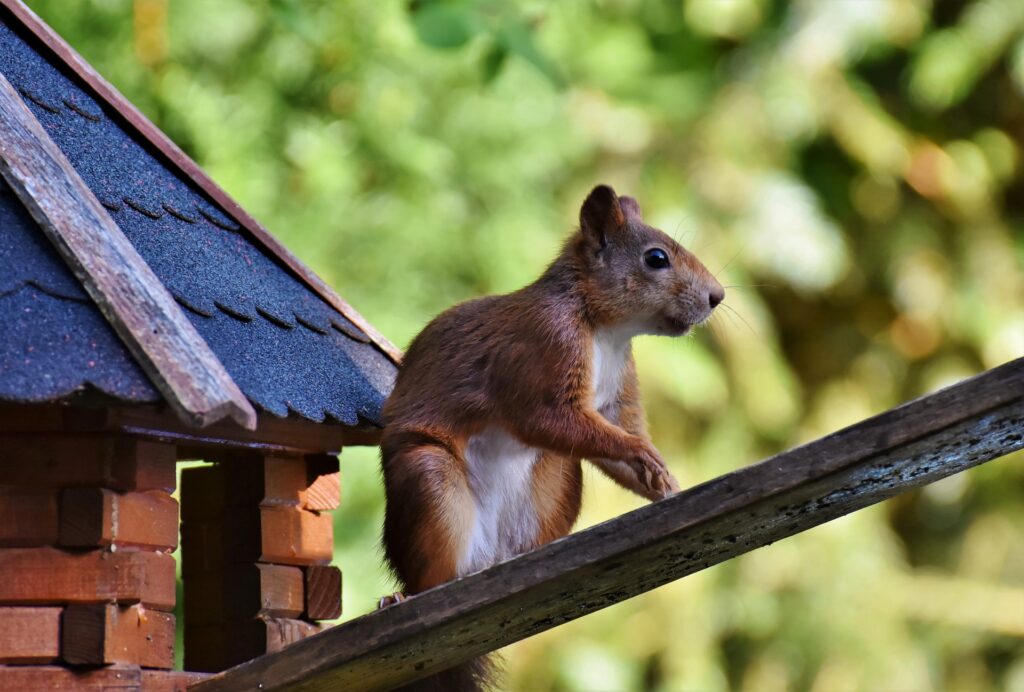
Will Squirrels Drink From a Water Bowl?
Squirrels will drink water from a bowl if it has a large opening and is placed on the ground. They prefer to drink from a running stream or river but will drink from a bowl if they don’t have access to a water source. If you want your squirrels to stop drinking out of the bowls and start going outside, try filling the bowls with other stuffs instead.
Once the squirrels realize that there is nothing good in there for them, they will leave the water alone. One thing to be careful about when feeding your squirrels near a water source is not making too much noise as this can scare away the animals.
When you are trying to attract squirrels back onto their property, put something tasty in one of those hanging feeders so that the animals can eat their fill without having to venture far from home.
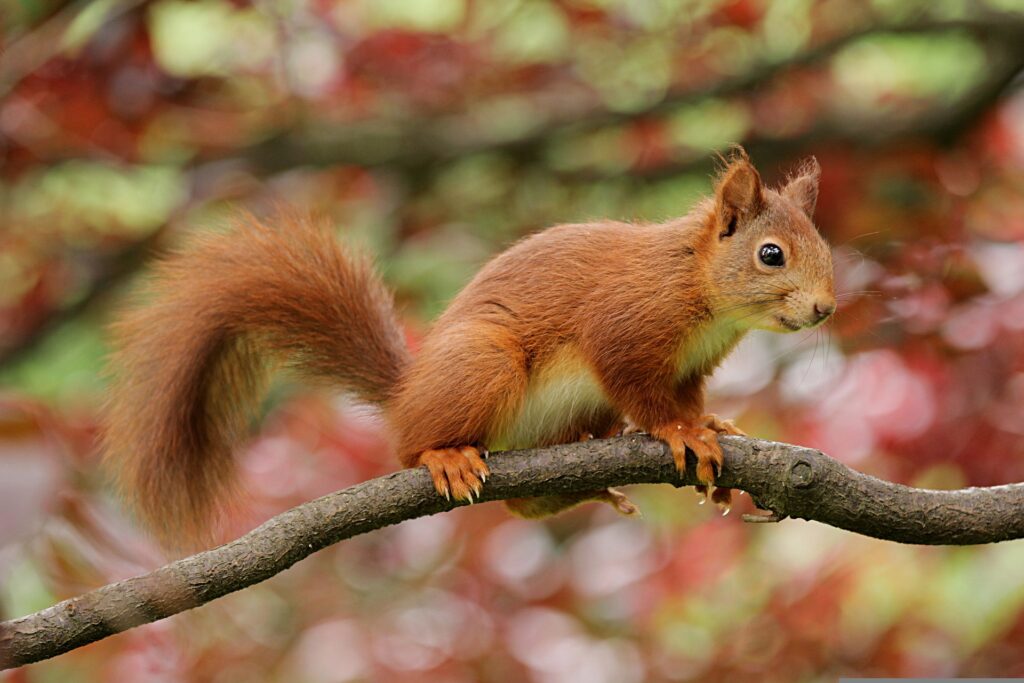
Do Squirrels Drink Rain Water?
Squirrels don’t have a problem with getting water, but they do have to get creative. When it rains and the ground is wet, squirrels will often bury their heads in the mud to drink rainwater.
When there’s no rain, they’ll lick dew off of tree leaves or catch drips of water off of bird baths. They might also drink out of a glass at your house if you leave one outside overnight on accident.
Squirrels are experts at finding ways to hydrate themselves! You can make sure that they always have access to water by putting out a dish for them so that they can easily find it when they need it.
If you’re having trouble attracting animals to your backyard, keep reading for some helpful tips on how to create an inviting space for wildlife.
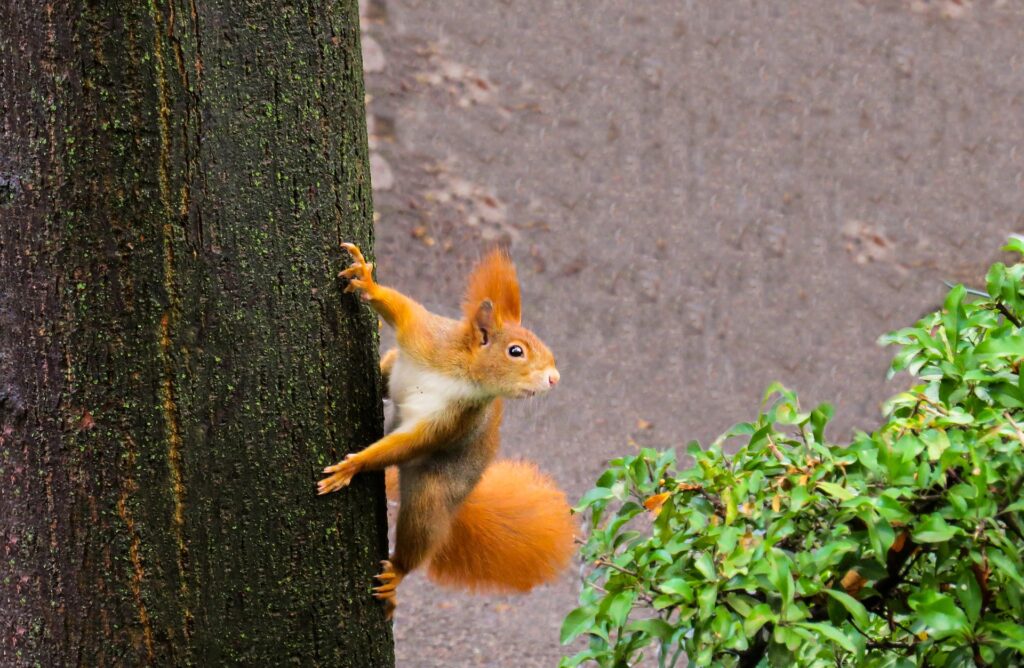
Do Squirrels Need Water?
Squirrels are rodents. Rodents are animals that have teeth adapted for gnawing, and a long, scaly tail. They also have one pair of incisors (a type of tooth).
Unlike other mammals, most often squirrels do not drink water by licking it off the surface of their fur or sitting in an area where water collects.
Instead they get most of the moisture they need from the food they eat, which is mostly made up of nuts and seeds which contain a high percentage of water.
These types of food can provide over two-thirds of a squirrel’s daily fluid needs. In winter when there are fewer nuts to be found and competition with other critters increases, it may become more difficult to get enough fluids to survive on just what they find on the ground.
Do Squirrels Drink From Bird Baths?
Squirrels do not drink water from bird baths. They have similar behavior to cats in that they like to lick and taste the water from the surface of their paws. This is how squirrels get their hydration.
The lapping up also serves as a way for them to groom themselves, keeping their fur soft and clean, and it can help find food if there are small insects on the surface of the water.
When looking at squirrels’ eating habits, most of their diet comes from tree seeds and nuts. These items contain plenty of natural fats that act as great sources of energy for animals and people alike.
As part of their daily routine, they need to eat twice what an average-sized human eats because they use so much energy while leaping around the trees gathering these important items!
If you see a squirrel by your bird bath, rest assured that it is just drinking some dew or maybe even tasting the water but not actually drinking any.
Summing Up!
Squirrels are often seen sitting on a tree trunk, sniffing the bark. This is not just idle curiosity – they are looking for the water that collects in the crevices between the bark and the wood. The squirrel then laps up this water with its tongue.
Squirrels are also known to sit on their haunches, with paws outstretched and head tilted back.
They do this because it enables them to get a drink of water from dew or raindrops that have collected on leaves or other vegetation overhead. Sometimes the squirrel will stand upright and use its front paws to scoop up water.
Sometimes, if there is enough moisture in the air after a shower, the animal may lick droplets off of grasses or leaves. These drinking methods help keep food moist while traveling through their digestive system. That is all about How Do Squirrels Get Water?
Meet Tomas Clayton, a seasoned plant gardener who has been passionate about horticulture since he was a child. Tomas John developed a love for the natural world and a strong appreciation for the beauty of plants while growing up on a farm.

